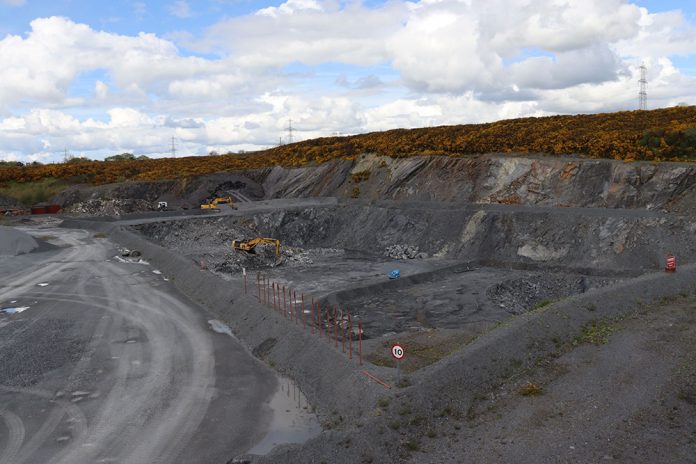Quarrying thickeners and advanced automation technologies are a promising solution to enhance water resource resilience, says David Strain, of Technidrive.
underscores the urgent need for new strategies to improve water conservation efforts, advocating the adoption of unconventional water sources and advanced treatment technologies as essential components of future water management solutions.
One of the advanced treatment technologies mentioned in the report is quarrying thickeners.
Quarrying thickeners not only recover water but also repurpose quarry waste to mitigate environmental impacts effectively.
These systems play pivotal roles across diverse water treatment applications, from the purification of domestic water to the comprehensive processing of wastewater for reuse, using sophisticated chemical treatments and settling processes to achieve optimal solid-liquid separation.
However, the operational continuity of thickener systems remains a critical concern. Interruptions in thickener systems can be caused by mechanical failures, power outages or process disturbances. This downtime can lead to sedimentation, forming stubborn deposits that complicate system restarts and pose risks of equipment damage, particularly to high-torque components like gears and paddles.
This downtime must be avoided at all costs, to ensure the sustained efficiency of water treatment and recycling processes — but how? One way is through the seamless integration of electric motors, gearboxes, inverters and encoders. These systems play a pivotal role in optimising thickener performance and safeguarding operational reliability. Let’s look at an example.
Sustainable water management
In one case, a leading player in wet material processing was encountering operational challenges in its quarry thickener. The system was critical for water recycling in aggregate processing but was experiencing persistent issues with sludge settlement, which disrupted operations and posed significant risks of equipment damage, production downtime and increased maintenance during restart attempts.
To address these issues, we devised a tailored solution that integrated WEG motors, Bonfiglioli gearboxes, WEG CFW-909 inverters, and encoders. WEG motors drove Bonfiglioli 300 series gearboxes equipped with robust bearings designed to endure the substantial axial and radial loads typical in thickener applications. Complementing these components, CFW-909 inverters dynamically adjusted the motor speeds based on real-time data from encoders, thereby preventing overload conditions and mitigating risks of equipment failure.
Encoders played a pivotal role in this setup by providing precise feedback on the motor’s position and speed. This data enabled the CFW-909 inverters to make real-time adjustments, ensuring the motors operated at optimal speeds for varying loads and conditions.
By monitoring the motor’s performance continuously, encoders helped maintain the balance needed for effective sediment settling and consistent water recycling. This not only protected the equipment from potential damage caused by overloading but also improved overall process reliability and efficiency.
In practice, these integrated systems operate synergistically. Put simply, the motor imparts motion to the gearbox, which provides the agitation necessary for efficient sediment settling within the thickener. As a result, the process enables the separation of solids from liquids, allowing clean water to be extracted and recycled while also minimising waste.
Tackling water scarcity
The strategic adoption of quarrying thickeners and advanced automation technologies represents a pivotal step towards enhancing water resource resilience in the face of growing global demands, optimising operational efficiency and minimising environmental impacts.
And, as outlined in the report, unconventional water sources and advanced treatment technologies can help ensure a sustainable and resilient water future for all.



